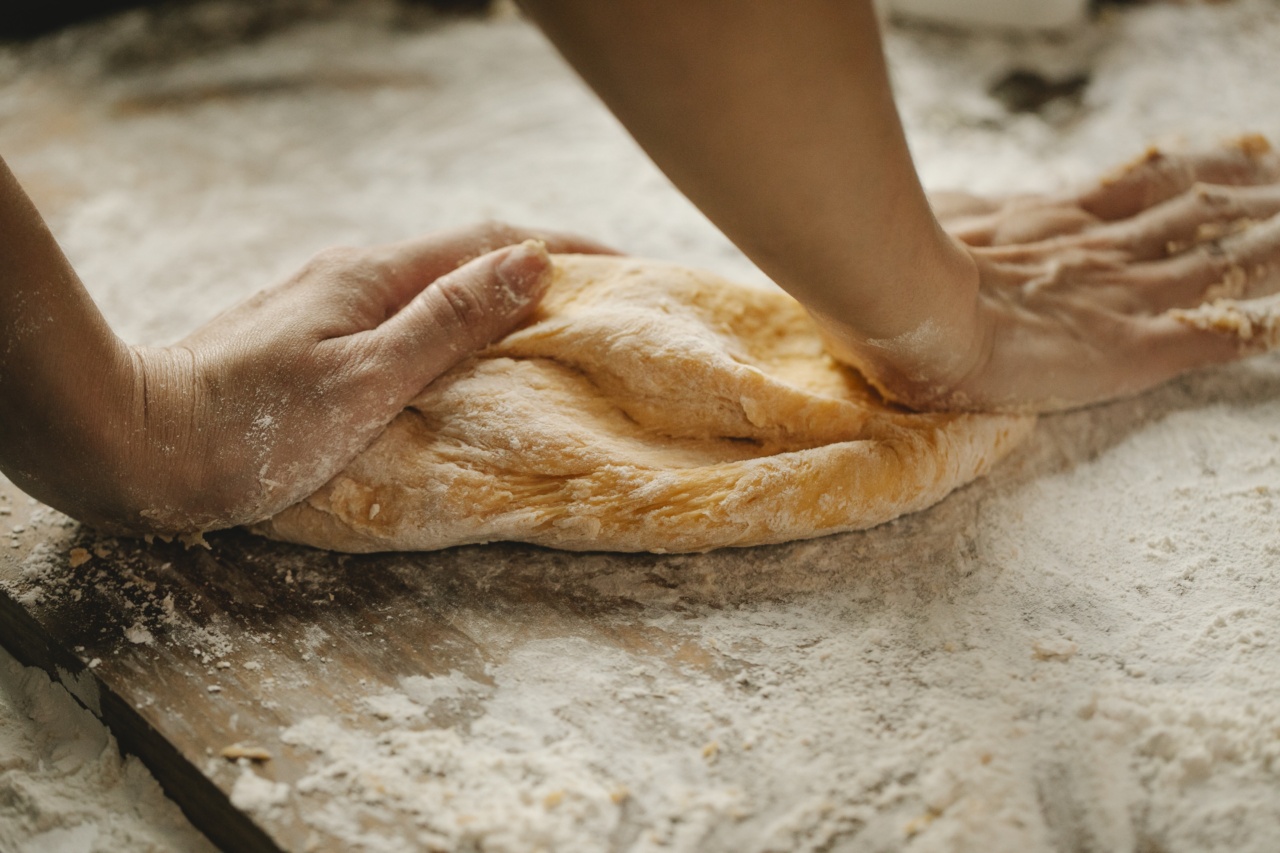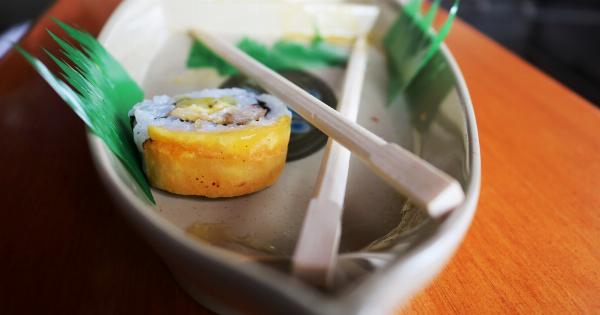We all know that there are certain foods that just should not be eaten uncooked – such as raw meat, poultry or fish. However, many people do not realize that there are other types of food that may pose a risk when consumed raw or undercooked.
One such food that is often overlooked is uncooked dough.
Why is uncooked dough risky?
Many baking enthusiasts enjoy tasting their dough before it is cooked, and some even eat it as a snack. However, there are several hidden risks associated with consuming uncooked dough.
The first risk is the presence of raw eggs in the dough. Raw eggs can contain salmonella, a bacteria that can cause food poisoning. While the risk of contracting salmonella from raw eggs is relatively low, it is still a risk that should not be ignored.
Furthermore, just one contaminated egg in a batch can cause widespread illness since it only takes a small amount of the bacteria to cause infection.
The second risk is the presence of raw flour in the dough. Flour is typically a raw agricultural product and can be contaminated with harmful bacteria such as E. coli and Listeria.
This is because flour is not typically treated with a kill-step process, like cooking is, to eliminate bacteria.
What are the symptoms of food poisoning from uncooked dough?
Symptoms of food poisoning from eating uncooked dough can range from mild to severe. They can include:.
- Nausea
- Vomiting
- Stomach cramps
- Diarrhea
- Fever
In severe cases, food poisoning can lead to kidney failure, seizures, and even death. Individuals who are at a higher risk, such as pregnant women, young children, and elderly individuals, are more likely to experience severe symptoms.
How can you minimize your risk of food poisoning from uncooked dough?
The safest way to consume dough is to avoid eating it altogether. However, if you do choose to taste your dough before it’s cooked, make sure to follow these guidelines to minimize your risk of food poisoning:.
- Do not consume raw eggs, including those in cake batter or cookie dough.
- Use heat-treated flour, which has been treated to kill bacteria, in your dough recipes. Some stores now carry heat-treated flour, or you can purchase it online.
- If heat-treated flour is not available, heat your flour in the oven for 5-10 minutes at 350°F to kill any harmful bacteria.
- Wash your hands after handling raw flour and dough to avoid cross-contaminating other foods.
Conclusion
Uncooked dough may seem like a harmless snack, but it can pose some serious health risks if consumed. By following these simple guidelines, you can minimize your risk of food poisoning and ensure that your baked goods are safe and delicious.




























